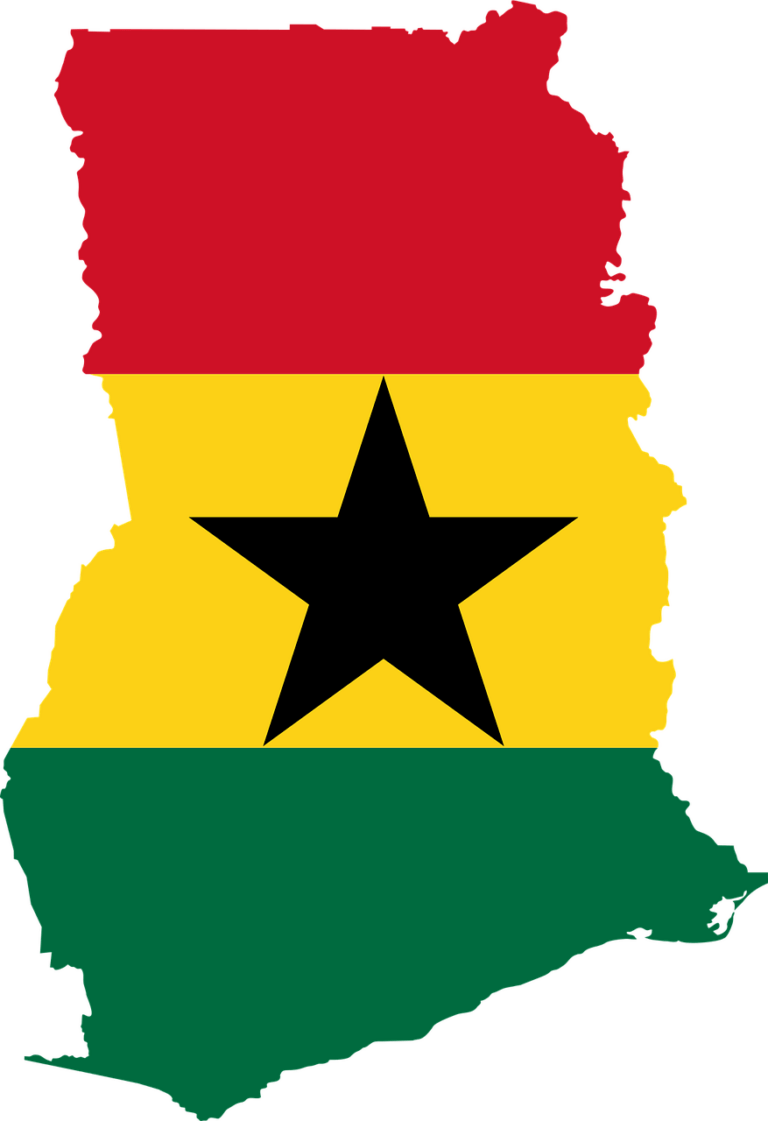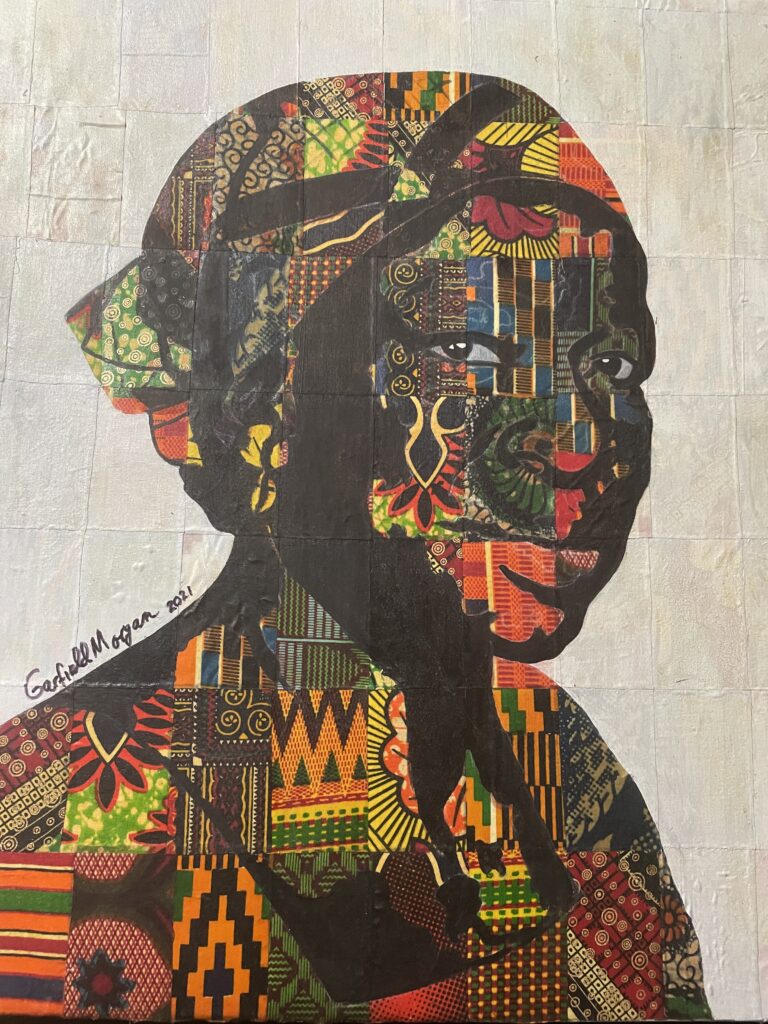The violent “microbes” in Côte d’Ivoire

It is very common to hear statements like “Ivorian Civil War” or “Ivorian Civil Wars”. They refer to the armed conflict that shook the West African country between 2002 and 2011. With a land mass of 322,463 km² and a population of 26.38 million, Côte d’Ivoire is a former French colony that is endowed with abundant mineral resources, a rainforest and a very good climate, ideal for agriculture, fishing and many other activities. It is the biggest producer of cocoa beans in Africa, and one of leading producers in the world. It was the largest producer of coffee in Africa up to the 1980s and one of the world’s major suppliers. No wonder it was the backyard of France. France had a solid grip over C ôte d’Ivoire for decades.
The Microbes
The microbes are youngsters aged 10-25 who are members of violent gangs that emerged at the end of the civil war in 2011. There was a post-electoral violence that the new government, led by Alassane Ouatarra, had to handle in a weakened political, social and economic environment. National cohesion was deeply damaged by an ethnic and political cleavage between the pro-Gbagbo and the pro-Ouattara factions. Entire territories of the District of Abidjan were held captive by organized criminal gangs termed as “enfants microbes”.
The term “microbe” was borrowed from the film La Cité de Dieu released in 2002, with Leandro Fermino as lead actor. It portrayed youth (called “microbes) involved in a struggle to control territories in Brazil’s shanty towns. Zé Pequeno, the hero of this film, is a child of their generation. The “microbes” of Abidjan identified with the children of the film who subdued their elders by the sheer weight of numbers.
In the Ivorian context, the phenomenon of “enfants microbes” is a new form of youth delinquency. It takes diverse operative forms, using collective action, the street, and public places as spaces of extremely violent intervention: sudden, fast, and aggressive actions, often combined with cunning. The “microbes” phenomenon has successfully resisted the actions of the police. Most of them claim that this was their way of avenging their parents who had fought on one of the two sides during the civil war and were never compensated, unlike other ex-combatants who had been magnificently rewarded. An “enfant microbe” can cut an adult into pieces and feel no remorse. The problem remains – when, how and who will control the microbes or bring them to justice?
A cursory look at the political scene and genesis of the war
Between 2002 and 2011, a gruesome succession of armed conflicts destabilized the Côte d’Ivoire, a country that was previously known for peace and tranquility, with relatively no political opposition party. This was carefully managed by one man, Félix Houphouёt-Boingy. He became the first president when that country became independent in 1960. Houphouёt was one of the founders of a key political organization in post-independent West Africa, a political party called RDA: Rassemblement Démocratique Africain, the Democratic Rally of Africa. Several political parties bore that appellation in West Africa (Upper Volta, today’s – Burkina Faso – Côte d’Ivoire, etc.). Houphouёt-Boigny was the main name and brain behind the RDA. The average Ivorian knew only Houphouёt-Boigny as president, from the 1960s to 1993. When Houphouet died in 1993, his “first son” who was the speaker in Parliament, Henri Konan Bédié, was overthrown in a coup d’état led by General Robert Guéi in December 1999. So, unlike many African countries that had their share of political turmoil, Côte d’Ivoire was entirely submitted to the rule of its first president. Houphouёt was known as the Father of the Nation and France was the ideal or paradise to look up to.
When the army overthrew Bedié, the whole country descended into chaos. General Guéi who toppled him tried to strengthen the economy that Bedié had mismanaged, according to him. He also tried to encourage more civic pride in the country, because the laisses-faire attitude of his predecessor, who was generally known to be a heavy drinker and bad leader, raised in money, failed to do that. The General’s coup was followed by democratic elections. He decided to run for president, something he had vowed not to do. The result of those elections was not accepted by either of the two parties: Guéi and Laurent Gbagbo, a France-trained university professor of history who had managed to stand as the leader of the sole opposition party, the Front Populaire Ivoirien. Guei was killed in 2002 in the clash that ensued, and Gbagbo proclaimed president.
The Rebellion
In September 2002, rebel forces led by Guillaume Soro opposed the rule of President Gbagbo. The country was divided into a pro-Alassane north and a pro-Gbagbo south. The rebels were loyal to Alassane Ouattara who had served as vice president during the rule of Houphouёt. When Houphouet died, Ouattara became an outcast, overnight. His crime was not to be a hundred percent Ivorian, since his grandparents were said to have migrated from neighbouring Burkina. But, he had worked as an Ivorian economist at the World Bank, and at the Central Bank of West Africa. The constitution states that the vice president becomes president when the president dies or cannot perform his duties. When Houphouet died, the constitution was changed so that the speaker of the Parliament and heir of Houphouёt became president. This unleashed a conflict that lasted 10 years and claimed about 3,000 lives. Ivorian refugees could be found in neighbouring Ghana and Burkina Faso.
Chaos surfaced, foreign mercenaries, French soldiers and rebels from Côte d’Ivoire and Burkina Faso were at the centre of the picture. In December 2010, Ouattara was declared winner of the run-off elections, a victory which was rejected by his rival Gbagbo and violence escalated. In April 2011, Ouattara’s forces captured Gbagbo, and handed him over to the International Criminal Court in The Hague to face charges of crimes against humanity.
Moussa Traoré is a Senior Lecturer at the Department of English of the University of Cape Coast, Ghana.






